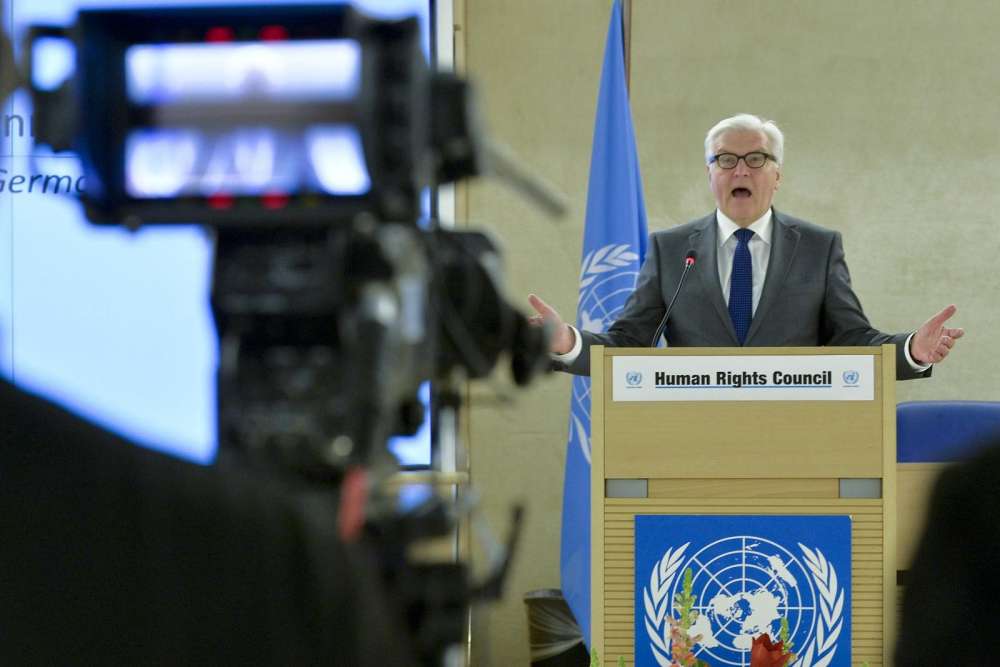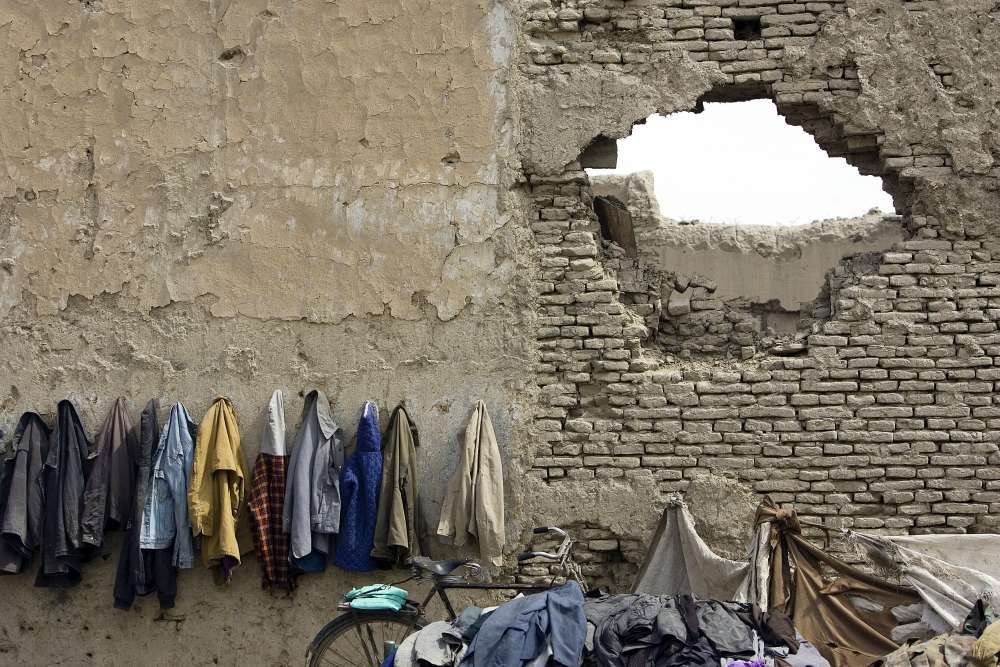German Human Rights Policy in a Multipolar World

Introduction
Rising powers need not fear criticism of human rights abuses from Berlin, for trade trumps human rights in German foreign policy. This conventional wisdom is frequently invoked by human rights activists and journalists alike, but it is neither very informative nor entirely correct. While it is true that German decision-makers do not prioritize human rights concerns over other foreign policy considerations, including trade, this is hardly unique to an export nation like Germany. Governments rarely take potentially costly foreign policy decisions to further a moral objective, and Germany is no different. Nevertheless, German foreign policy does not invariably neglect human rights concerns in the country’s relations with rising powers.
In this essay, we seek to elucidate German human rights policy vis-à-vis rising powers by examining policy documents and actual practice. Since we cannot do justice to all rising powers – countries of diverse characteristics and human rights conditions – we focus on Germany’s relations with only two of them: China and India. Both countries are located in Asia. They are the two most populous countries in the world. Both are important trade partners of Germany, although the trade relationship between China and Germany is more developed than that between India and Germany. China is a one-party state, and India is a democracy – hence, the types of human rights violations differ between the two countries. Regardless of regime type, both countries are considered strategic partners by Berlin.
In addition to explaining the German approach to human rights violations by rising powers, we critically examine the impact of Berlin’s actions. What could Germany do differently to better promote and protect human rights in today’s multipolar world?
…
Full policy paper is available for download.
This paper was published as part of Amnesty International Netherlands’s special issue Strategic Shifting Power and Human Rights Diplomacy: Germany.







